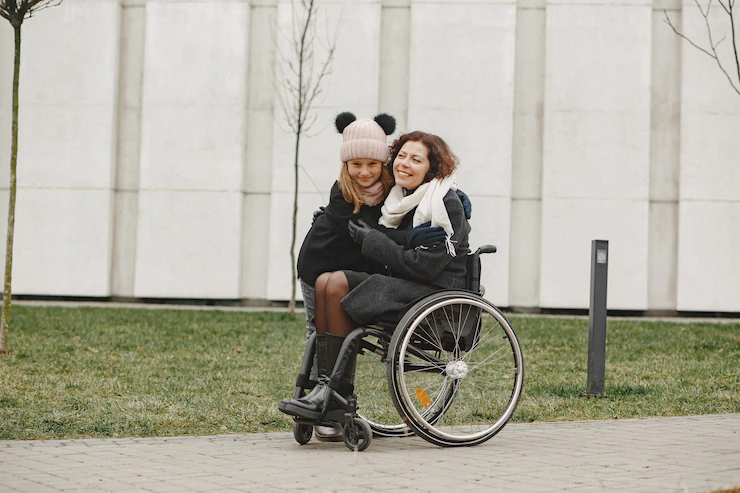Motherhood is a transformative journey that presents both joys and challenges. For South African mothers with disabilities, the journey may come with additional hurdles. However, with the right support and accessible resources, these mothers can navigate parenthood with confidence and fulfill their roles as loving and capable caregivers.
Mothers with disabilities face unique challenges that require tailored support and resources. Physical limitations, communication barriers, and societal stigmas can all impact their parenting experiences. It is essential for South Africa to recognize and address these challenges to ensure that all mothers, regardless of their abilities, have equal opportunities to thrive in their parental roles.
Accessible parenting resources play a crucial role in empowering mothers with disabilities. By providing information, support, and practical strategies, these resources can help overcome barriers and enhance their parenting experiences. Here are some key areas where accessible parenting resources can make a significant impact:
- Information and Education: Accessible parenting resources should provide information tailored to the specific needs of mothers with disabilities. This includes information on adaptive equipment, assistive technologies, and techniques that can help them overcome physical or communication limitations. Clear and concise materials, available in various formats such as braille, large print, or audio, can ensure that information is accessible to all.
- Support Networks: Establish support networks specifically designed for mothers with disabilities. These networks can connect mothers, allowing them to share experiences, offer advice, and provide emotional support. Online forums, social media groups, and local community organizations can serve as valuable platforms for building connections and fostering a sense of community among mothers with disabilities.
- Accessible Healthcare: Ensure that healthcare services are accessible to mothers with disabilities. This includes accessible facilities, equipment, and communication methods. Healthcare providers should receive training on disability awareness and sensitivity to address the specific needs and concerns of mothers with disabilities.
- Parenting Skills Training: Offer parenting skills training programs that are adapted to the needs of mothers with disabilities. These programs can provide practical strategies and support in areas such as feeding, bathing, and nurturing a child. Individualized training sessions can be tailored to each mother’s unique needs and abilities.
- Assistive Technology: Promote the use of assistive technologies that can enhance accessibility and independence for mothers with disabilities. This can include devices or software that assist with mobility, communication, and everyday tasks. Providing information and training on available assistive technologies can empower mothers with disabilities to overcome barriers and actively participate in parenting activities.
- Advocacy and Rights Awareness: Raise awareness about the rights of mothers with disabilities and advocate for their inclusion and equal treatment. Encourage policy changes that promote accessibility and address the specific needs of mothers with disabilities. Collaborate with disability rights organizations to ensure that the voices of mothers with disabilities are heard in shaping policies that affect their lives.
- Self-Care and Well-being: Emphasize the importance of self-care and well-being for mothers with disabilities. Accessible resources should provide guidance on managing stress, seeking support, and maintaining physical and mental well-being. It is essential for these mothers to prioritize their own needs to ensure they can provide the best care for their children.
- Positive Representation and Role Models: Promote positive representation of mothers with disabilities in media and society. Highlight success stories, achievements, and the diverse capabilities of mothers with disabilities. By challenging stereotypes and celebrating their strength, resilience, and achievements, we can create a more inclusive and supportive environment for all mothers.
Supporting South African mothers with disabilities requires a collective effort from government bodies, healthcare providers, community organizations, and society as a whole. By providing accessible parenting resources, we can empower these mothers to embrace their parental roles with confidence, overcome barriers, and create nurturing environments for their children. Together, let us ensure that all mothers, regardless of their abilities, have access to the support and resources they need to thrive in their parenting journey.










